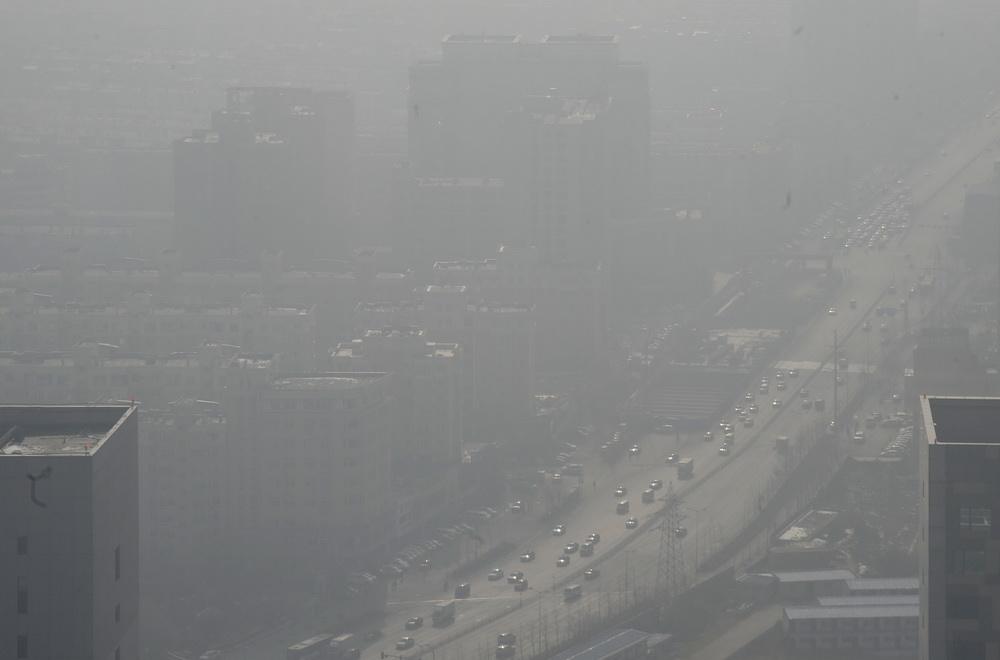(单词翻译:单击)
听力文本
This is Scientific American — 60-Second Science. I'm Christopher Intagliata.
You may have noticed your summertime electricity bills, when you're cranking the A–C, are more pricey than your wintertime payments. That's because air-conditioning is an electricity hog. And when a whole city or region turns down the thermostat, utilities have to meet that increased demand somehow.
"This is often when we turn on the oldest power plants or the dirtier power plants." Tracey Holloway, an atmospheric scientist at the University of Wisconsin in Madison. "Some of these older power plants that only run on fuel oil or run on coal only run on the hottest days."
Using data from the EPA, Holloway and her team studied how air pollutants respond when the temperature goes up. They found that across the eastern U.S., for every degree Celsius temperature rise, power plants belched out 140,000 metric tons of additional carbon dioxide. And emissions of the pollutants sulfur dioxide and nitrogen oxides rose three and a half percent per extra degree of heat, averaged across the region.

That's especially bad, because hot summer days are the worst days to pump out more pollution. "These hot days, when we turn on the air conditioning across the U.S. or the state also happen to be the most chemically reactive days. Every unit of air pollution going into the air is that much more likely to form ozone." And ozone itself is a potent air pollutant. The study is in the journal Environmental Science and Technology.
Holloway says the answer to this summertime pollution peak may be an energy source that thrives on hot, sunny days. "If we could be getting solar electricity during this peak time it may offset this hot weather midday peak and be a great solution for avoiding having to turn on those peaking power plants." In other words: why not use the sun, to keep cool.
Thanks for listening for Scientific American — 60-Second Science Science. I'm Christopher Intagliata.
参考译文
这里是科学美国人——60秒科学。我是克里斯托弗·因塔利亚塔。
你可能已经注意到夏季电费账单了,开空调以后,夏季的电费要远远多于冬季。这是因为空调是电老虎。当整个城市或地区调低恒温器温度时,电力部门必须满足以某种方式增加的需求。
“通常我们会开启最老的发电厂或不太环保的发电厂。”威斯康辛大学麦迪逊分校的大气科学家翠西·霍洛威说。“其中一些只烧燃油或煤的老发电厂只在最热的日子里启用。”
利用美国国家环境保护局的数据,霍洛威和她的团队研究了温度上升时空气污染物的情况。他们发现,美国东部地区气温每升高1摄氏度,发电厂就多喷出14万吨二氧化碳。平均来说,该地气温每升高1摄氏度,二氧化硫和和氮氧化物的排放量就增加3个百分点。
这非常糟糕,因为炎热的夏季是污染物排放最严重的时间。“在炎热夏季,全美都打开空调时,也是化学反应最活跃的时间。所以,排入空中的大气污染物更容易形成臭氧。”臭氧本身就是一种有害的空气污染物。这项研究结果发表在《环境科学与技术》期刊上。
霍洛威说,夏季污染高峰的解决方法,可能是在炎热晴朗的夏季变得丰富的一种能源。“如果我们能在高峰期用太阳能发电,也许就能抵消这种夏季午间高峰,避免启用高峰发电厂,这将是一个伟大的解决方案。”换句话说:为什么不使用太阳能来解暑呢。
谢谢大家收听科学美国人——60秒科学。我是克里斯托弗·因塔利亚塔。
译文为可可英语翻译,未经授权请勿转载!
重点讲解
重点讲解:
1. turn down 关小;调低;
例句:He kept turning the central heating down.
他不断调低中央暖气的温度。
2. turn on 打开(设备);接通(…的供应);
例句:I want to turn on the television.
我想开电视。
3. go up (价格、数量或水平)上涨,上升;
例句:Passenger traffic has gone up by 20 per cent.
客流量已增长百分之二十。
4. happen to do sth. 碰巧;凑巧;
例句:Do drop in if you happen to be passing!
如果你碰巧经过时进来坐坐。


